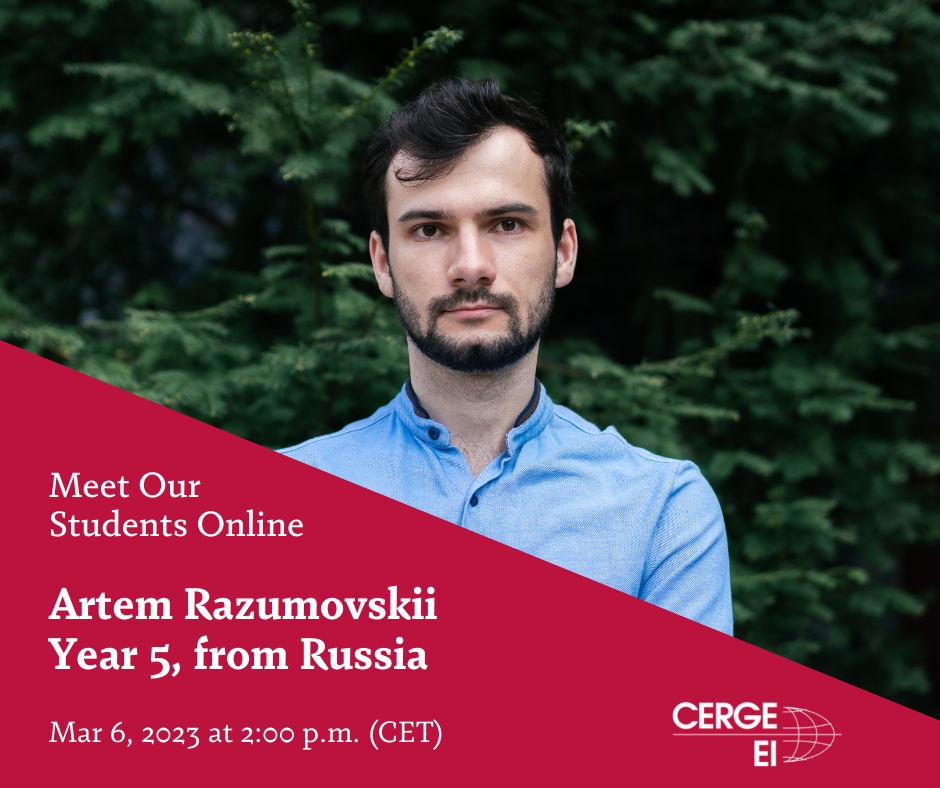Daily Events
14:00 | Applied Micro Research Seminar
Lydia Assouad (London School of Economics) "Charismatic Leaders and Nation-Building"
London School of Economics, United Kingdom
Join online: https://call.lifesizecloud.com/17409922 (password 6639)
Abstract: This paper investigates the role of individual leaders in constructing a national identity. I study the activities and legacy of Mustafa Kemal "Atatürk", the founder of modern Turkey. I create a novel historical database containing information on the locations and dates of Atatürk’s propaganda visits to over a quarter of Turkish cities between 1923 and 1938. Using variation over time and across space, and information on incidental visits to districts lying along Atatürk’s road, I find that Atatürk’s visits caused an increase of 7 percent in the use of first names in "Pure Turkish", the new language introduced by the state as part of its homogenizing endeavor. I argue that this measure indicates a successful diffusion of the new national identity locally. The effect is persistent, growing in magnitude up until fifteen years after the visit before disappearing. Two main channels can explain this pattern of propagation. First, the visits provided the ground for institutional reforms, as they led to the formation of local branches of Atatürk’s party. Second, the effect is stronger in districts with more nationalistic associations, higher literacy rates and where Atatürk met with local elites, suggesting that co-optation of the elite is a key driver of the effect. My findings provide new evidence on the ability of an individual leader to construct a national identity, by rallying the elite and by fostering institution building, which in turn contribute to influencing people more broadly.
JEL Classification: D83, D74, N45, P48, Z13, Z18
Keywords: Leaders, Nation-Building, Identity, Propaganda, Cultural Change
Full Text: Charismatic Leaders and Nation-Building
14:00 | For Study Applicants | ONLINE
Meet our Students Online: Artem Razumovskii
on March 6 at 2.00 p.m. (CET).
Presenter: Artem Razumovskii
Online link for the presenation: https://telemost.yandex.ru/j/28089529512262










